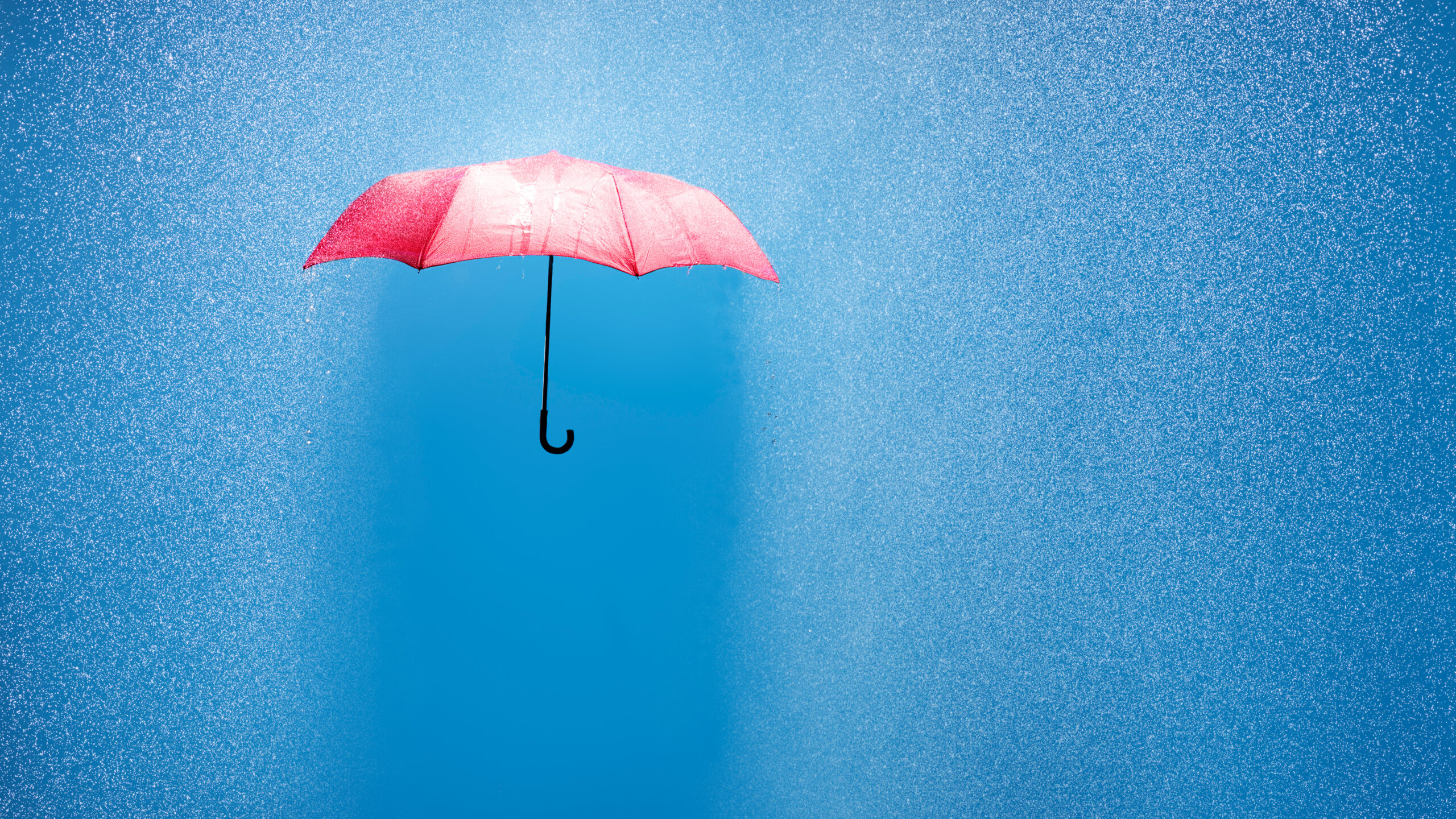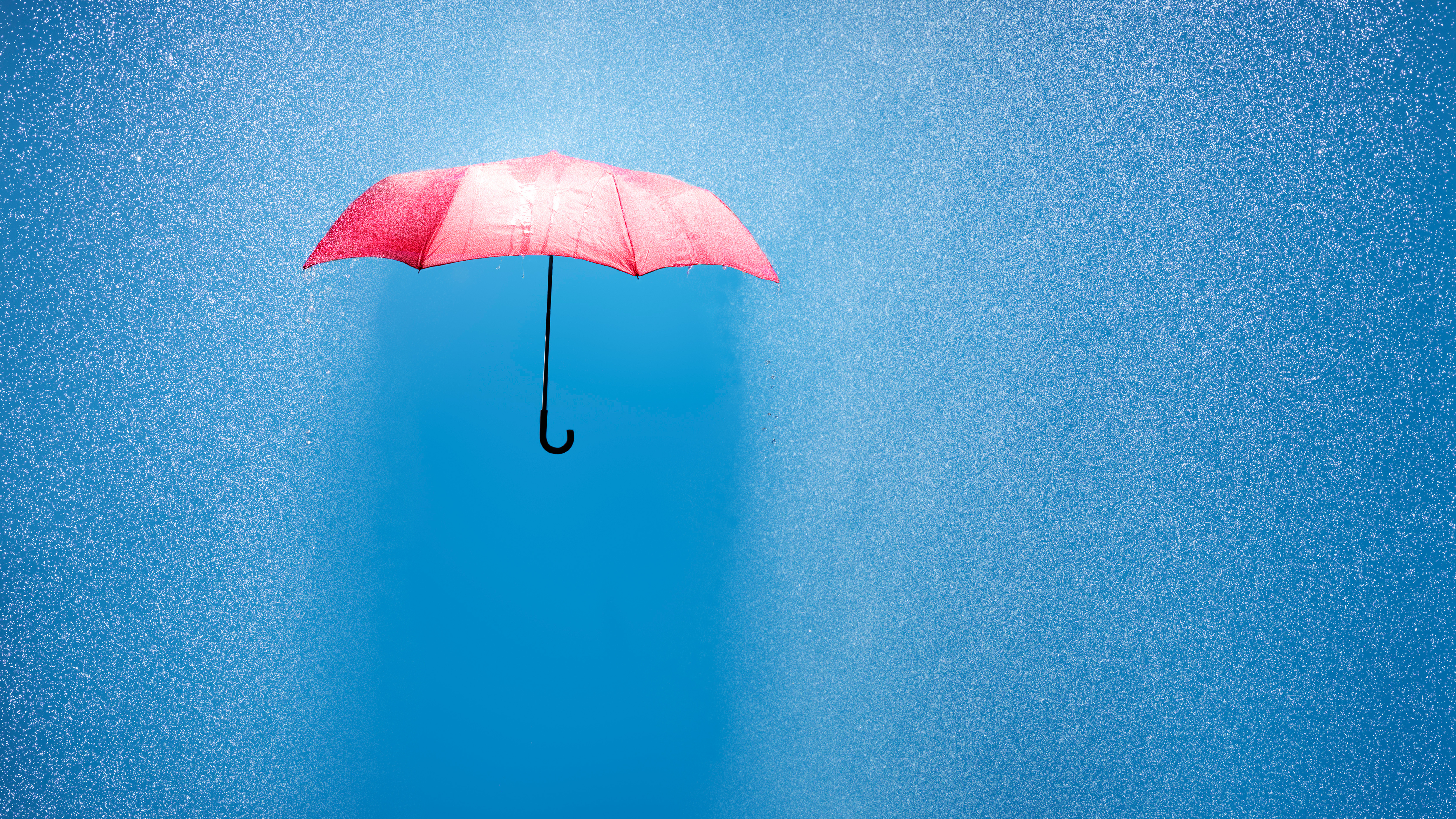Google secures users of its AI against copyright violations


Picture: Henrik Sorensen/DigitalVision/Getty Images.
Imagine that you are a graphic designer and you decide to use Duet AI to generate images for a presentation to a client. A little later, you receive a message from an illustrator who claims that one of the images used in your presentation looks a lot like her work, and that she is suing you for copyright infringement.
Now, in a similar situation, Google has your back.
Google in the footsteps of Microsoft
Google has just announced that it will defend Google Cloud and Google Workspace users against intellectual property lawsuits related to the use of generative AI.
The place of copyright in the use of AI has been at the heart of debates for several months. This is why Microsoft and other companies in the sector have made commitments similar to those of Google: last month, Microsoft announced its Copilot commitment regarding copyright, promising to assume responsibility for the legal risks associated with copyright claims on AI-generated products using Microsoft Copilot services.
A responsibility subject to conditions
Thanks to this new service, users of Google Cloud and Google Workspace will benefit from compensation if a third party claims copyright in connection with training data or results generated by its AI. This is to protect against possible claims of copyright infringement regarding the use of training data or content created by Google’s generative AI services.
This compensation will be granted on the condition that users comply with certain guidelines relating to the responsible use of AI, for example by refraining from intentionally infringing the intellectual property of others. If a user attempts to create an image using AI by requesting a specific work of art or uploading copyrighted content, Google will not be liable for copyright infringement.
Google’s effort underlines the web giant’s desire to strengthen its partnership with its users, giving them a little respite in their use of generative AI. As for giving respite to artists whose works have been used to form many large-scale language models based on certain generative AI tools, we will still have to wait.
Source: ZDNet.com








